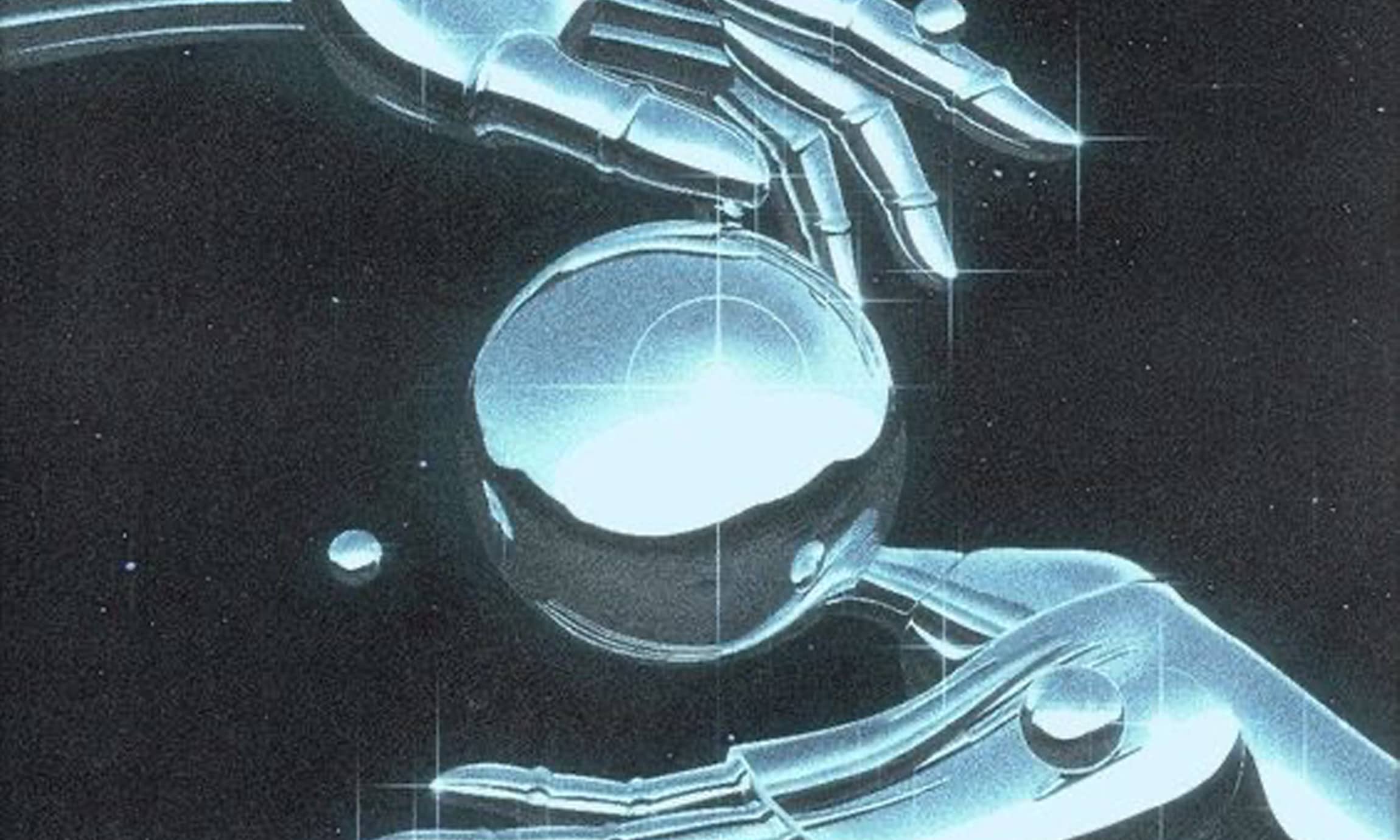
On the other side of the relationship coin, while romantic love has long taken the spotlight, friendship remains in the shadows. Far from being specific to queer people, friendship being a subsidiary is the result of a political system. Devalued in the hierarchy of relationships imposed in a capitalistic and patriarchal context, friendships are seen as accessories, additions, and entertainment in an oh-so-lonely society in which the individual worker and consumer are all that matter. Romantic love and the quest for your other half are still pretty much ingrained in our minds through education and cultural products, with the aim of forming a monogamous couple dedicated to consuming and producing the next generation of workers. Writers such as bell hooks have been writing about it for decades, and recently, new ways of perceiving and building relationships have been brought into discussion out of their usual social circles thanks to social media. But despite gravitating towards alternative ways of living as queers, this mind and social system remains hard to dismantle.
This is somewhat made more difficult by our queerness, at least at first. Because for a lot of us, to love someone and to pair up is to be saved. In the autofiction novel All Men Want to Know, as a fight breaks out after a kiss in a lesbian bar, Nina Bouraoui writes :
“It made me laugh, but between women, love is not something to joke about, it’s a matter of life and death from the start because there is more at stake than just loving: once you’ve found someone, you’re saved.”
In our journey towards self-acceptance, romantic love seems like the only salvation from internalized homophobia/lesbophobia. It’s a form of deep validation that we seek within the romantic &/or sexual love of someone else. It is reinforced by the societal romantic ideal of “You and me against the world”. Our media representations more often than not follow the same archetypal pattern of relationships as cis-straight ones, in the pursuit of normalization and integration. As such, “Queerness is often imagined as existing through coupledom”, as Iris Lee puts it simply in their very good article on relationship hierarchies.
Yet it is within our queer friendships that we can find the most comfort; it is through queer friends that we build our support system, that we learn to love ourselves and understand ourselves better, far from cis-hetero-patriarchal narratives. Friendship intimacy is essential to our well-being and prevents us from putting all these expectations on one person solely. It’s by committing to them that we can sow and reap the fruits of infinite queer love. In the words of bell hooks,
“Giving brings us into communion with everyone. It is one way for us to understand that there is truly enough of everything for everyone. Through giving to each other we learn how to experience mutuality… Giving is the way we also learn how to receive. The mutual practice of giving and receiving is an everyday ritual when we know true love”
Queer friendships also give us the strength to collectively organize and fight for our rights. Taking care of our queer friends is a political act of resistance through the building of our resilience. Decentering our lives from romantic love and monogamous partnership also allows us to step back and reassess our relationships’ definitions, what friendship means for us, what we expect from it. From this reassessment, we are able to learn more about ourselves and cherish the nuances of each relationship. This process is an ever-lasting learning and communication challenge, rewarded by the expansion of our possibilities and the tightening of our social knits. It helps us to let go by accepting the ever-changing nature of our relationships and finding the beauty and balance in this fluctuation. If it’s easier to say than to put into practice, if unlearning reflexes is a life-long process, it is still worth a try.
“Many of us learn as children that friendship should never be seen as just as important as family ties. However, friendship is the place in which a great majority of us have our first glimpse of redemptive love and caring community. Learning to love in friendships empowers us in ways that enable us to bring this love to other interactions with family or with romantic bonds.”



































































